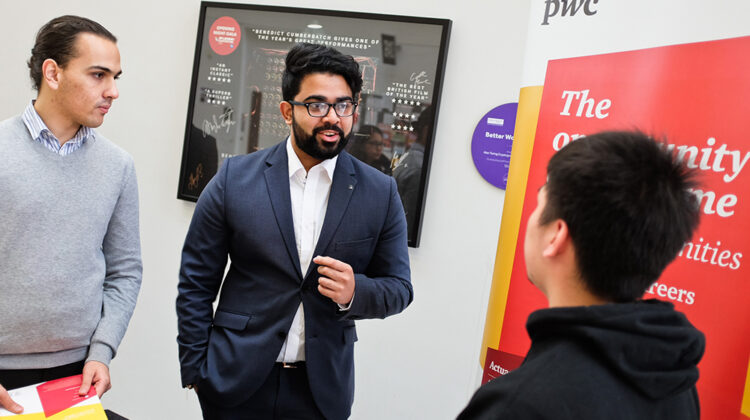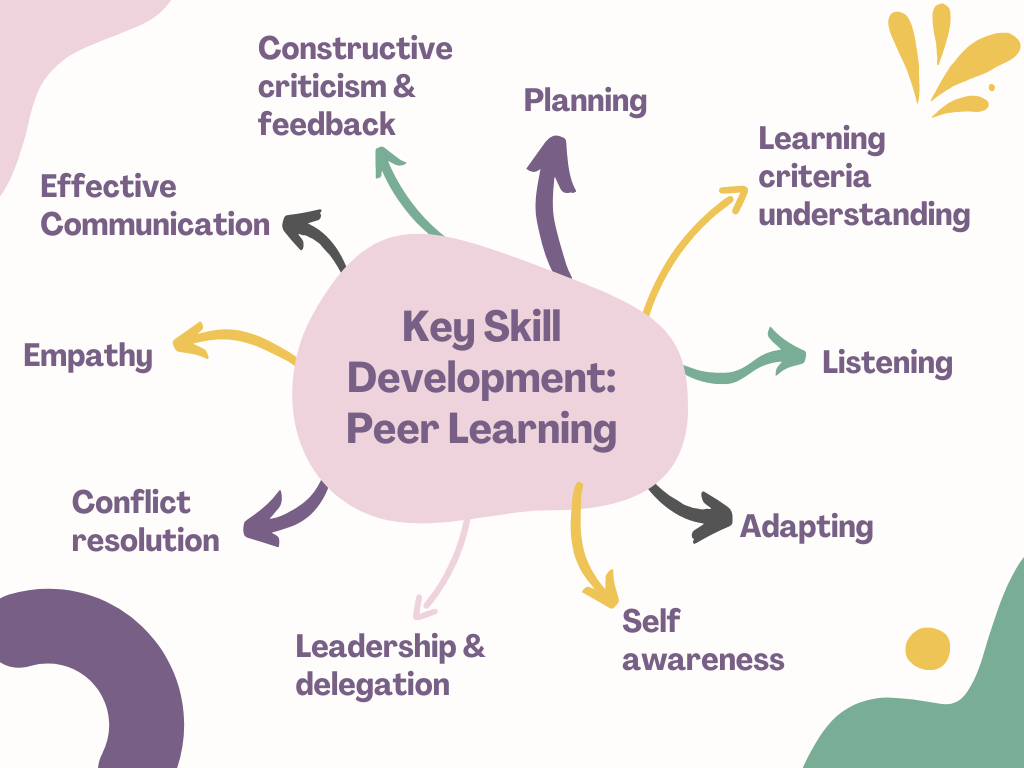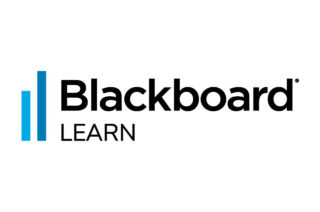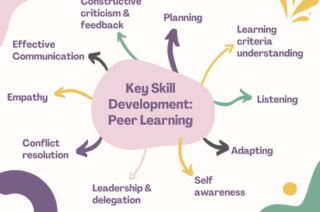Student Guidance: Peer Assessment Tools

Below you will find information on the benefits of peer assessment, and guidance on how to prepare for a peer assessment activity.
Peer assessment – why do it?
Having to assess your peer’s work can be uncomfortable, but learning how to assess and give feedback to others involves important skills that will be an asset to you as you move through university, and into work and beyond.
If you are involved in group work and are assessing each group members contribution to the final output, anonymous peer assessment can ensure that final marks honestly reflect each person’s input.

So, how do you do it?
Peer Scoring:
If you are involved in a peer evaluation using Buddycheck or similar software, you will be provided with full instructions on how to complete your peer assessment task via your course leader or instructor. In an anonymous environment in which you are providing a numerical score on how each individual in a group performed, please try to be as objective and honest as possible – if there were personal conflicts or personality clashes, try not to let this influence how you score an individual’s input into the work. Try your best to encourage all group members to participate in the group work and assessment, as non-contributing members can impact or delay final results.
Peer Review:
When completing a peer review task using Turnitin Peermark or similar software, you will be providing feedback and constructive criticism on other students’ work, and perhaps also reflecting on the feedback you receive. There are a few skills at play here:
- Understanding the marking rubric or criteria well enough to pick up on areas that are lacking, or that have been covered well.
- Communicating your assessment of the work in an understandable and constructive way.
- Being able to receive constructive criticism/feedback and take lessons from it to further improve your work (reflection/self awareness).
Resources
Below are some resources that you may find useful to prepare for a peer assessment task:
[Webpage] How to give constructive criticism
In this online guide, you will find some useful tips on how to give constructive criticism.
[Video] How to Give Constructive and Actionable Peer Feedback: Students to Students
The video animation below, produced by students for students at UCD Dublin, aims to help students improve the feedback that they give to their peers. It gives some ideas on how the feedback can be more constructive and actionable.


